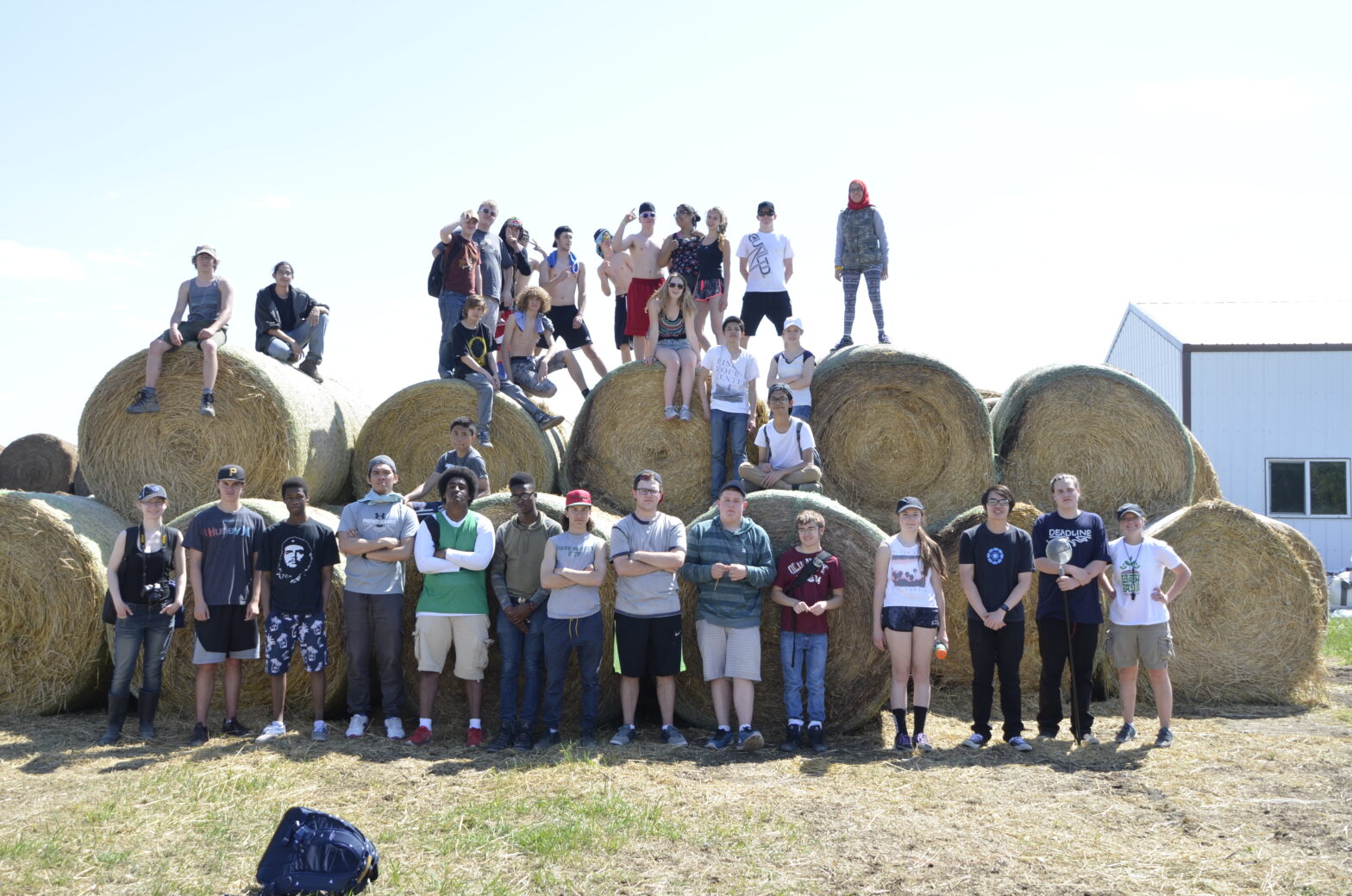Adopt a Rancher
Organization: Saskatchewan Prairie Conservation Action Plan (PCAP)
Location:
Participating schools located within the Mixed Grassland, Moist Mixed Grassland, and Aspen Parkland ecoregions of Saskatchewan.
Country: Canada
Other Organizations Involved:
- The Saskatchewan PCAP partnership is a subsidiary of the Saskatchewan Stock Growers Association. The partnership consists of 31 agencies and organizations, which currently are: Agriculture & Agri-Food Canada; Canadian Parks and Wilderness Society; Ducks Unlimited Canada; Environment Canada
- Native Plant Society of Saskatchewan, Inc.;
- Nature Conservancy of Canada; Nature Saskatchewan;
- Parks Canada;
- Prairie Learning Centre;
- Prairie Wind & Silver Sage;
- Redberry Lake Biosphere Reserve Association, Inc.;
- Saskatchewan Association of Rural Municipalities;
- Saskatchewan Burrowing Owl Interpretive Centre;
- Saskatchewan Environmental Society;
- Saskatchewan Forage Council;
- Saskatchewan ministries of Agriculture, Environment, Economy, and Parks, Culture & Sport;
- Saskatchewan Outdoor and Environmental Education Association;
- Saskatchewan Research Council;
- Saskatchewan Sheep Development Board;
- Saskatchewan Stock Growers Association;
- Saskatchewan Wildlife Federation;
- SaskPower;
- Society for Range Management;
- Sturgeon River Plains Bison Stewards, Inc.;
- University of Regina;
- University of Saskatchewan;
- Wanuskewin Heritage Park;
- Water Security Agency; and
- Western Development Museum.

Background
Young Saskatchewan students from a variety of backgrounds often are raised and grow up removed from natural grassland ecosystems. When introduced to the study of Sustainability of Ecosystems, in Science 10, they may be in unfamiliar territory because they lack a connection to their local native prairie environment. Participating in the Adopt a Rancher program will enable students to connect concepts and theories explored in the classroom to a real-life, practical, working ranch ecosystem. Students will be able to learn how ranching can protect Saskatchewan’s native grasslands while providing economic benefits for Saskatchewan’s people.
Goals
The goals of Adopt a Rancher are: to create awareness among students, teachers and school communities about the valuable role that ranching can play in sustaining native prairie ecosystems; to provide students and teachers with skills necessary to explore and assess native prairie grasslands; and to develop positive, interactive relationships among students, teachers, schools, ranchers, and other partners.
Main activities
Participating Science 10 classes will be partnered with a collaborating rancher. Students will interview the rancher, examine the site characteristics, and learn of the natural resources specific to the working ranch ecosystem. Students then create a case study examining local biodiversity and species at risk on the ranch; threats, challenges and risks to the rancher; the history of management practices; and ecological goods and services provided by the ranch. A field site visit is coordinated, where students learn scientific data collection methods to help support their case studies.
Results
Students, teachers and school communities will gain an environmental awareness, by allowing participants to connect with a local grassland ecosystem and examine their personal and shared responsibility for maintaining prairie sustainability. Students will link concepts explored in classrooms to relevant, real-life examples of grassland ecosystem functions and management practices. Through program activities, participants will become empowered to engage their schools and local communities in sharing the important role that humans play in maintaining healthy communities and ecosystems. The ranching sector will also benefit from sharing information and having discussions with students and gain an understanding of today’s young people’s questions and concerns about ranching and sustainable ecosystem management.